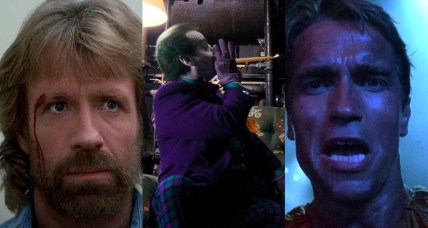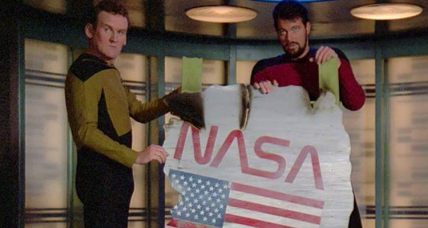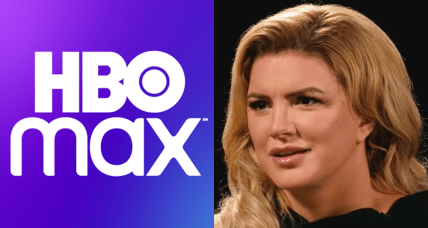How Modern Hollywood Writers Abandoned Their Moral Duty
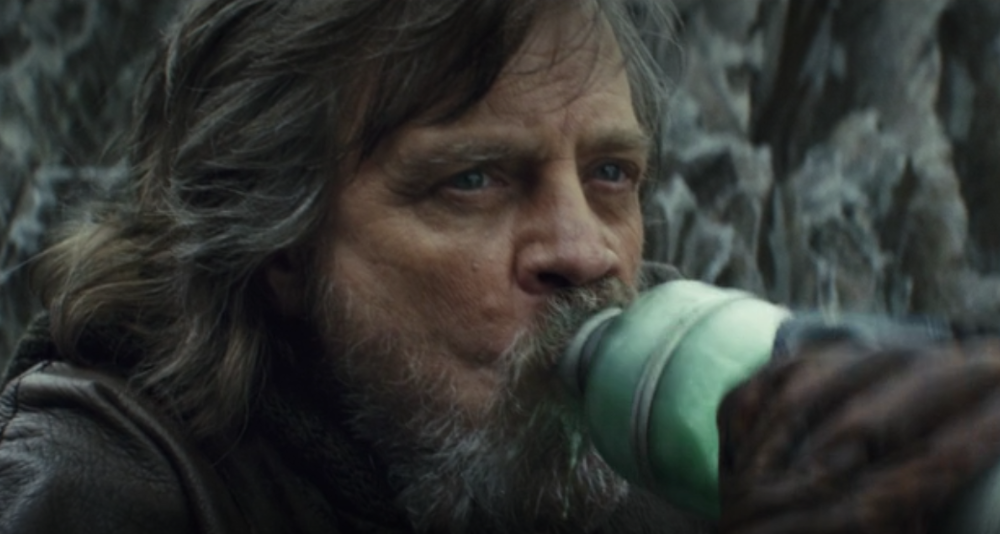
The 1980s hold a special place in the collective memory of many, even those who didn’t experience the decade firsthand. Its unique aesthetics, music, and storytelling have an enduring allure. In particular, the optimism and can-do spirit of ’80s cinema continue to resonate with (actual) modern audiences.
Watching RoboCop rediscover his humanity, quite literally walking on water like a cybernetic messianic figure is a refreshing experience. The upbeat nature of ’80s narratives seems to be a product of a better time.

But what if I told you that these times, as hopeful as they may seem, weren’t significantly better after all? By today’s standards, the U.S. dollar has lost over 90% of its value. But back in the 1980s, it had already lost over 80% of its value.
Crime was rampant, and New York City’s transformation under Giuliani’s leadership to a safer place was a response to the crime waves of the ’70s and ’80s.
On the global stage, there was the constant specter of nuclear Armageddon as the United States engaged in multiple proxy wars against an evil empire, responsible for the death and suffering of over 100 million people.

In Europe, the Berlin Wall divided the continent. East Germans lived under oppressive surveillance, occasional torture, and mass rape of children. West Germans faced bomb attacks and kidnappings by leftist extremist groups like the Red Army Faction. And a few years after the ’80s, less than 300 miles away from what is considered the “most livable city in the world,” were mass graves and rape camps.
It’s clear that the good old days only appear idyllic when viewed through selective rose-tinted glasses. In reality, it was the same harsh world we live in today. Nevertheless, amidst these tumultuous times, writers delivered stories filled with hope and inspiration. Which, in some instances, contributed to the fall of communism, as depicted in documentaries like Chuck Norris vs. Communism.
So, what has changed? One factor is that writers were more focused on delivering what is called “the elixir”. Less concerned with deconstructing their own narratives: one infinity stone paperweight at a time. And less concerned with narcissistic self-expression. I won’t delve into the intricate details of what the elixir entails in this article, as it requires more space than we have here.
For a comprehensive (and entertaining) exploration of the elixir, you can watch the following video:
Denying or undoing the elixir can have disastrous consequences as Disney is finding out, first gradually, then suddenly. However, for brevity’s sake, I’ll provide a concise explanation. The elixir is closely tied to the hero’s flaw, and its delivery has given rise to some of the most unforgettable moments in film history.
In terms of structure, the second act of a story is akin to a hero’s journey into the underworld, where they retrieve the elixir that will heal their world. This healing represents change, particularly the hero’s transformation through overcoming their flaw.
This theme of change is a recurring motif in Western storytelling and is witnessed in countless examples, such as the triumphant moment in The Avengers when they unite in a spectacular 360-degree tracking shot. It symbolizes the resolution of their flaws. Literally coming full circle. That, in essence, is the manifestation of the elixir.
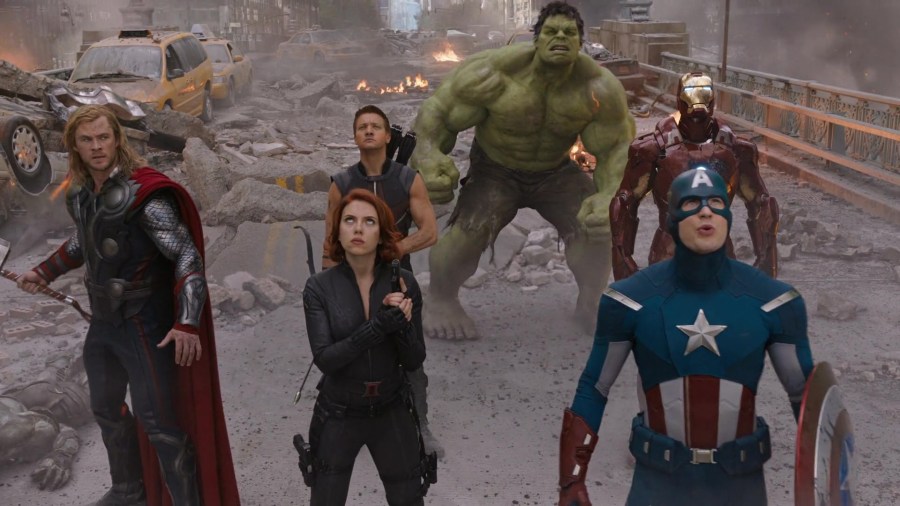
The delivery of this elixir is what has made Hollywood one the largest global distribution networks, and it’s the reason why many risked their lives to smuggle and consume Hollywood movies behind the Iron Curtain.
However, when a writer’s personal sensitivities, ideology, or narcissism take precedence over this delivery, the result is often nonsensical. Take, for instance, the feminist tripe that is Captain Marvel, which inverts the traditional concept of overcoming a flaw.

The heroine doesn’t triumph over a flaw but instead realizes that her flaws are mere social constructs. As Marvel has discovered, this inversion fails to resonate with audiences, both financially and thematically. In the real world, nobody begins fully developed and competent; both men and women must strive to succeed in the game of life.
The audience pays the heaviest toll. A narrative devoid of its elixir leaves viewers at best apathetic and, at worst, embittered, resentful, and cynical. In such instances, the responsibility squarely rests on the shoulders of the writer. In the grand tapestry of storytelling, the delivery of the elixir plays an integral role. And its undoing might as well become Hollywood’s undoing.
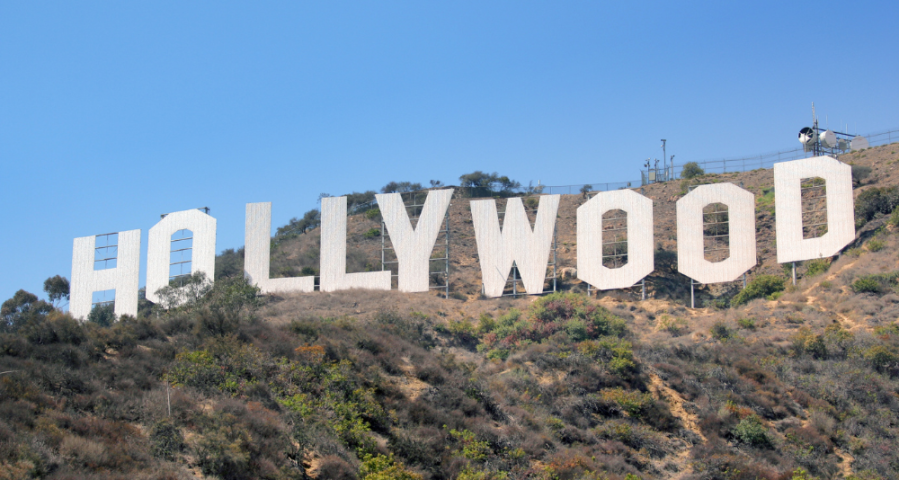
NEXT: How Hollywood Sources Its Writers Is Fundamentally Broken
More About:Movies Television

